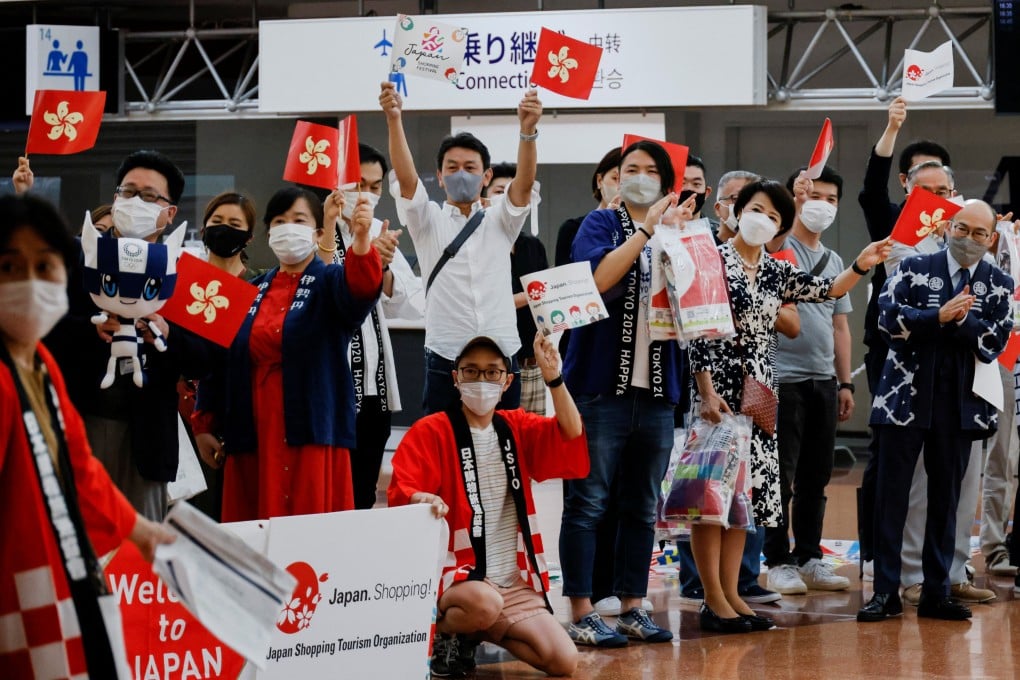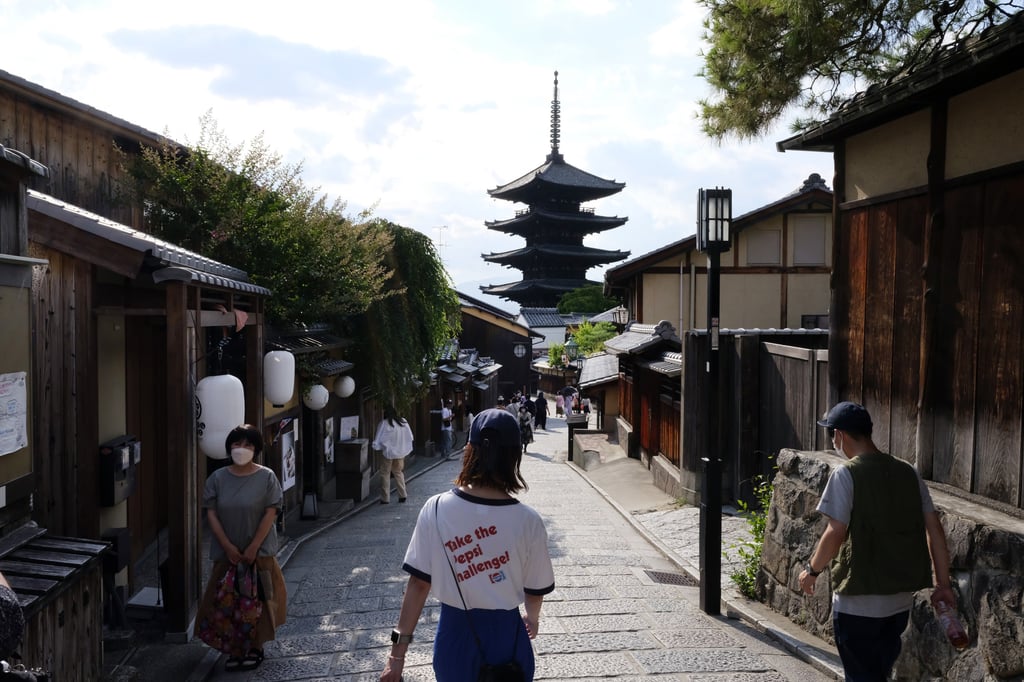Coronavirus: Japan is facing its 7th Covid wave, but the tourism industry’s not worried
- With upwards of 37,000 new daily cases, officials say there can be ‘no doubt’ that Japan’s been hit by a ‘new wave’ fuelled by the BA.5 subvariant
- But the government has yet to reintroduce any travel curbs – and the country’s ‘desperate’ tourism industry is banking on things staying that way

Health authorities reported 37,413 new cases on Monday – a 120 per cent week-on-week increase – with more than 6,200 of those in the capital Tokyo. Yet in contrast to earlier spikes in infections, no additional restrictions have been introduced in a bid to curb viral spread.

Surveys suggest an increasing number of Japanese support a policy of living with the virus and do not want the country’s borders to be closed again, though there is some latent anxiety about imported infections being brought in by foreigners.
A spokeswoman for Japan Airlines Co. said the national carrier was “taking everything pretty much day by day at the moment” as it watched to see how authorities balanced the need to protect, and boost, the economy with safeguarding people’s lives.